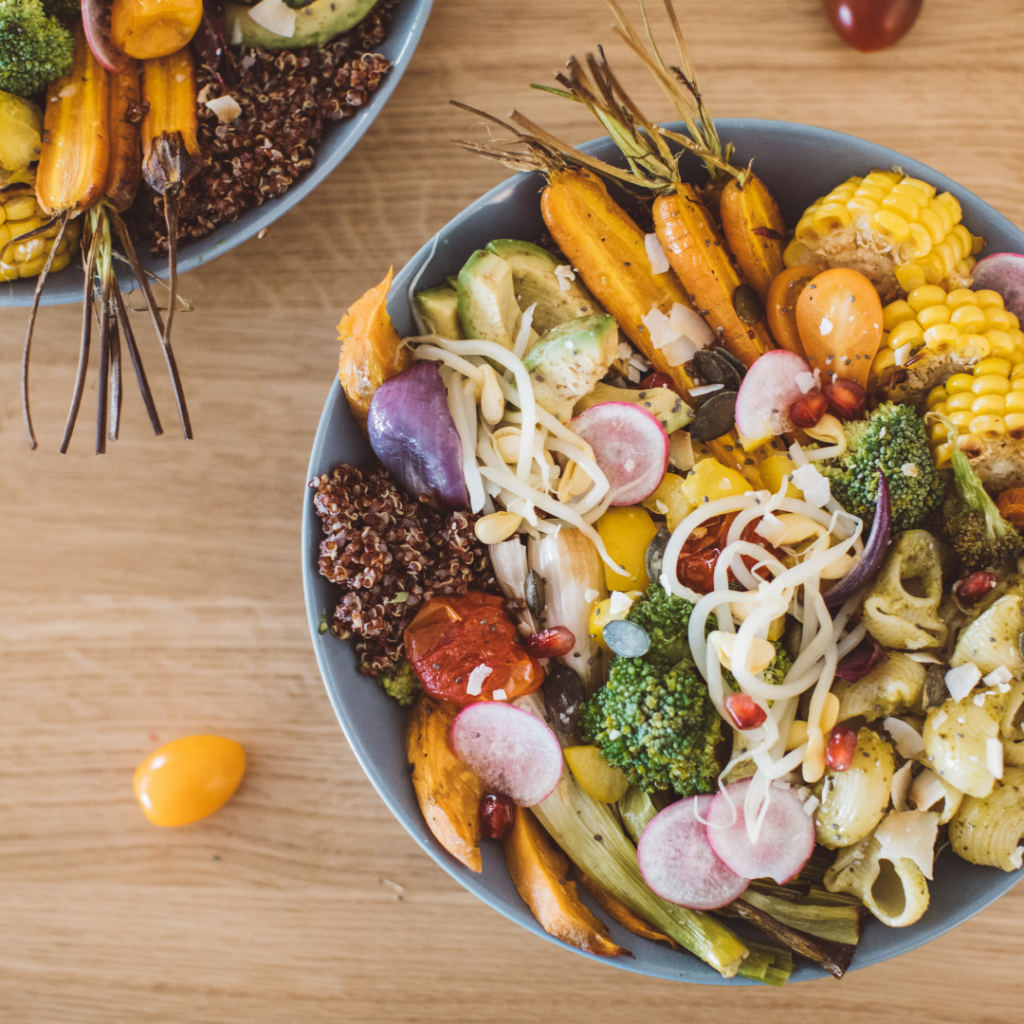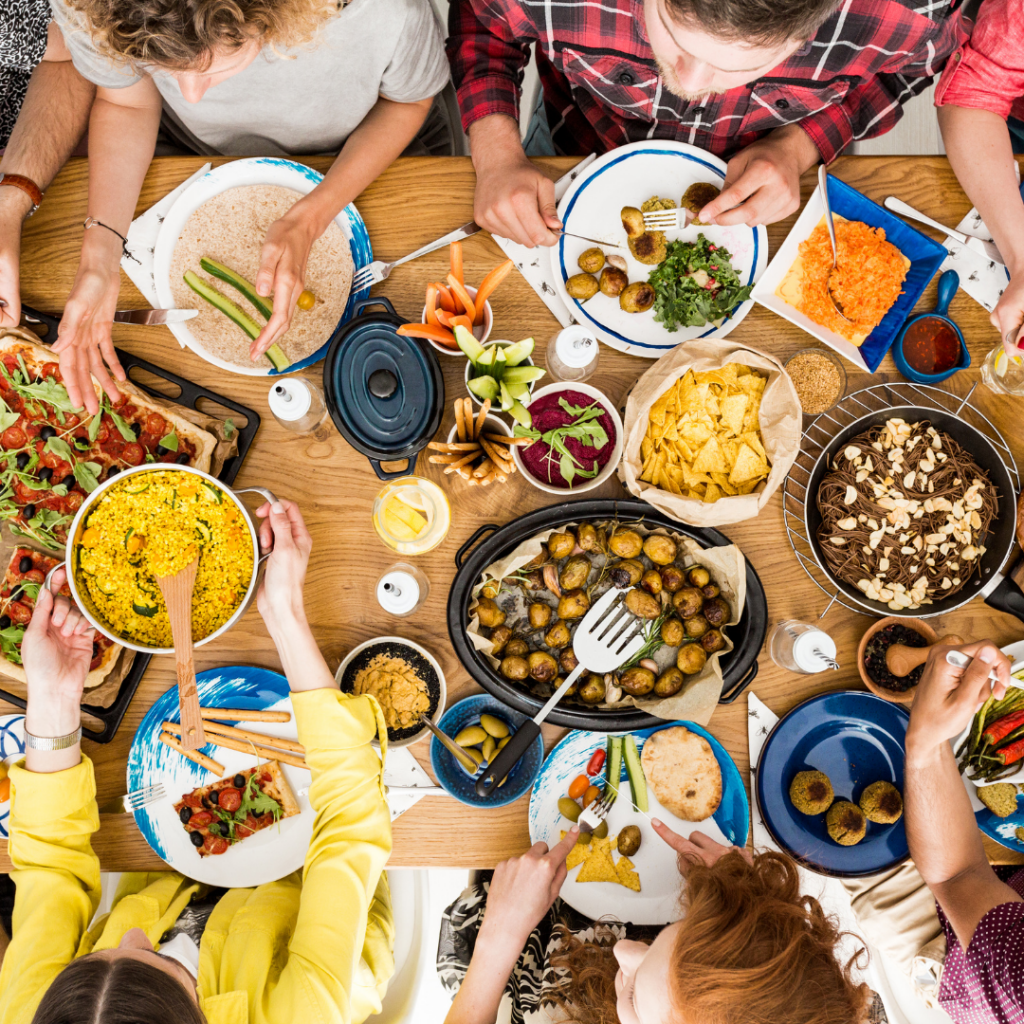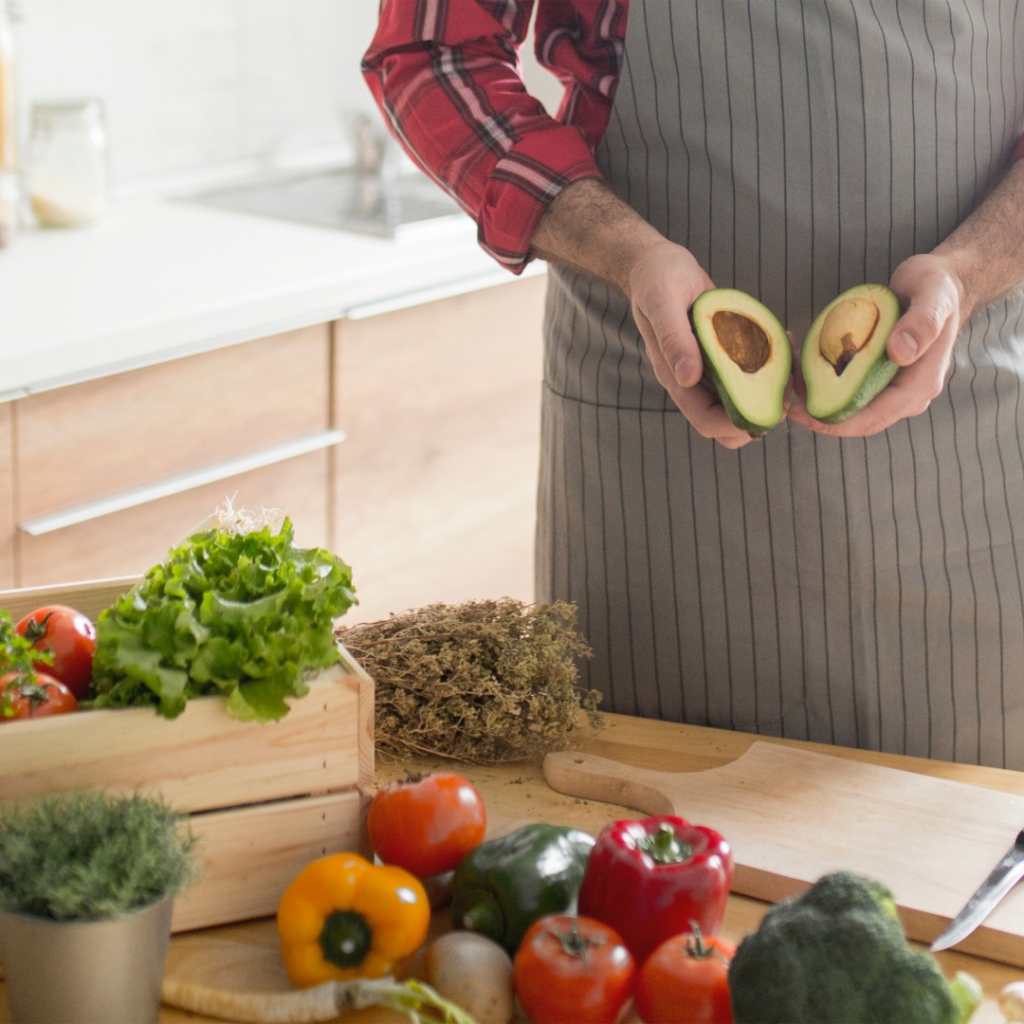- Fast results
- 4,000+ locations
- 4.8 star rating
Need Help? (888) GET LABS

There was a time when veganism was a lifestyle of the few. Nowadays, the movement experienced its inevitable rise.
In 2019, it was found out that there was a 300% increase among vegans since 2004 proving that veganism has an increasing appeal to the public.
Nonetheless, the rave on the vegan lifestyle comes as no surprise anymore, especially, if you take into account the health benefits and moral principles that come with it.
Veganism, much like vegetarianism, has become a popular solution against metabolic diseases like diabetes and obesity. In addition, those who try to lose weight get into veganism to sustain their fitness and health.
However, as incredible as the advantages of veganism are, it is crucial to know how your body might adjust and completely adapt to this new lifestyle. After all, when you give up meat and its derivatives, you’ll also be giving up familiar sources of nutrients your body needs.
Therefore, before you decide to turn vegan, check out some of the most important things you should remember and consider. But first, it’s imperative to really comprehend what veganism is all about.

Contrary to popular belief, veganism is not just about food restriction. Instead, it’s an entire lifestyle that shuns away animal meat and products altogether.
Simply put, veganism is a way of living wherein animal cruelty in any form along with its products is prohibited. This means, if you’re vegan, you choose not to eat, wear, or support meat use and consumption.
As a result, you eliminate meat and animal products from your diet and steer clear of anything but vegan clothing and items.
Veganism is different from vegetarianism, although the former has evident roots from the latter. The critical difference is that veganism excludes all types of animal products, including dairy, while vegetarianism only removes meat.
There are three main reasons why people go vegan. It involves health consciousness and personal philosophy.
One of the most popular reasons people go vegan has something to do with health. Countless studies have shown how plant-based diets like vegetarianism and veganism improve metabolism and immunity.
Likewise, veganism also decreases the risks for common chronic diseases. For example, your chances of developing heart disease go down as you eliminate meat rich in fat and salt.
In addition, plant-based diets also improve your health against metabolic syndrome and other non-communicable degenerative diseases.
Moreover, the same diet has been found to be effective in reducing depressive symptoms, which can be ideal for those dealing with mental health issues.
There has been a growing number of ethical vegans over the years. Veganism holds plenty of healthy benefits, but for ethical vegans, the main appeal is the exclusion of animal cruelty.
A significant fraction of the population would agree against the use and consumption of animals, especially if the process shows a lack of mercy and compassion.
However, human culture and tradition take a stronghold against this principle, making it almost impossible to let go of eating meat or using clothing articles made of leather. But when veganism emerged, the impossible became doable.
Research referred to this phenomenon as a moral impossibility. In this context, eating meat and using animal-based products are deemed impossible acts allowing ethical vegans to be consistent with their beliefs.
Moreover, some ethical vegans chose the lifestyle due to environmental reasons. For example, the “eating for the environment” movement emphasized how going vegan reduces carbon emissions.
Agriculture, particularly livestock, increases methane production through animal urine and manure. The goal of veganism is to decrease demands for meat, which reduces livestock production.
In a nutshell, vegans only eat plants and food derived from plants. Furthermore, they don’t wear or use items made of animals or animal products.
This means they don’t consume poultry, fish, beef, pork, lamb, and all types of animal meat. Likewise, they also eliminate eggs, dairy, butter, animal broth, etc., from their diet.
In terms of personal care, vegans only go for beauty products that haven’t gone through animal testing or have zero animal oil in its ingredient. Fur and leather are absolute non-nos in a vegan lifestyle.

Like any other movement, veganism also has its own advantages and disadvantages.
For example, while it’s clear that the health benefits are promising, some people fail to learn that it could also come with nutrient deficiencies that could harm your overall health.
To give you an overview of what vegans can do for your body, including its potential flaws, here are the pros and cons of being a vegan.
Pros
Cons
There are other advantages and disadvantages of veganism outside the health parameters.
For example, if you become a vegan, you could improve your cooking skills since you will probably have to prepare your own meal most of the time. This is due to the fact that vegan restaurants are rare in most places.
With that, you can also consider the unavailability of vegan-friendly meals as a clear disadvantage.
Nevertheless, your perspective on what you gain and lose plays a critical role in your consistency with veganism.
The biggest challenge of veganism is consistency. You may decide to embrace the lifestyle or at least the diet for your health, but in most cases, it’s easier said than done for different reasons.
For example, your food choices are limited. Plus, if you’re around meat-eaters all the time, the temptation may catch up.
Moreover, as mentioned before, going vegan can affect your health in either a positive or negative way. With that, the principle of balance has to be applied all the time.
Nevertheless, transitioning to a vegan lifestyle, much like any other form of change, is expected to be trickier at the beginning. But, you can ease up the burden and enjoy the benefits in the long run, especially if you follow these tips.

The appeal of a plant-based diet to weight loss and healthy living as a whole continuously grows. But the absence of understanding the importance of a balanced meal can tip off the incredible benefits of veganism.
One example is when you decrease variety in your meal and focus on specific foods. Aside from reducing your sources for particular nutrients, you could also go overboard consuming fruits and vegetables. This could trigger an illness when eaten in huge amounts.
For instance, cruciferous vegetables like broccoli and cauliflower are often staples in a vegan diet. However, they shouldn’t be consumed in large amounts, especially on a regular basis.
Studies have shown that these vegetables have thiocyanate, affecting the body’s iodine absorption.
Iodine deficiency is directly linked to hypothyroidism, a condition wherein the thyroid gland produces lesser thyroid hormones affecting the body’s critical functions like metabolism and temperature regulation.
To avoid developing conditions such as hypothyroidism, stick to a balanced meal with plenty of varieties. You can also check out pre-made vegan meal plans, especially if you join a specific program or community.
Meat is known for providing protein. This nutrient is vital for many critical body functions such as cell repair, muscle growth, digestion, molecular transport, immunity, and many more. Protein deficiency can affect these activities. Moreover, it can also cause imbalances in your body’s energy production.
Hence, letting go of meat without sufficient substitutes can shake your health off its prime. Fortunately, several plant and plant-based foods contain protein, making them great alternatives for meat. Check out the following:
It’s no secret that giving up meat potentially lowers the levels of some nutrients your body needs.
Protein is a quintessential example considering beef, pork, and other meats are packed with this organic macronutrient.
However, aside from protein, other vital nutrients can also become limited in a vegan lifestyle. The most common nutrient deficiency among vegans include the following:
But of course, it is still best to consult with your doctor or registered dietician. Likewise, it would also help to monitor any existing deficiencies for the following nutrients before going vegan through a
Reading the label is one habit you need to develop when doing your groceries or buying any food and drinks.
It’s crucial to know the product’s composition to determine if it’s vegan friendly because food items can be deceiving. For example, they may be primarily made of plant ingredients, but they could also contain bits of animal products like dairy and oil.
When going vegan, it’s important not to do it alone.
While it might be off-putting to push your beliefs aggressively to influence others, it is recommended to inform your family and social groups about your new lifestyle. This is to make them understand your restrictions and personal reasons for making the change.
That way, your friends can accommodate your preferences during dinners or outings. Also, if you’re lucky enough, you may find people from your circle willing to join you in adopting veganism.
The transition from eating meat and using animal-based products to a lifestyle that eliminates every single one of them can be grueling. But like any other difficult change, it’s important not to push yourself too hard.
As cliche as it may sound, starting small is better than employing an “all or nothing” mentality. You can begin with a vegetarian diet with a reduced intake of dairy.
Moreover, it is crucial to consult your doctor first, especially if you have medical conditions that can be heavily affected during your lifestyle transition.

If you’re starting to adopt veganism, you have to check your overall health first. Then monitor your body’s responses and deficiencies, especially at the beginning. This includes screening for preexisting diseases and your risks for developing metabolic health conditions.
Here are the blood tests you should secure when starting a vegan lifestyle.
CBC with Differential and Platelets
The complete blood count (CBC) with differential and platelets screens for infections and other diseases.
It’s also used to help evaluate blood disorders like anemia. For example, if you’re going vegan, you have the risk of developing anemia since iron depletion and deficiency are pretty common.
CMP
The comprehensive metabolic panel (CMP) measures substances involved in your body’s metabolism and chemical reactions.
These substances include glucose, calcium, albumin, sodium, potassium, carbon dioxide, chloride, total protein, and enzymes (ALT, AST, ALP). Moreover, CMP also checks waste products such as creatinine and BUN (blood urea nitrogen).
Essentially, CMP is used to help diagnose several diseases and health conditions that could be affected by a vegan diet like diabetes, liver and kidney disease, etc.
Lipid Panel
Cholesterol level, along with other lipids (fats) in your body, typically lowers with a vegan or plant-based diet in general.
If you’re trying to lose weight or target much lower body lipid levels, getting a lipid panel is an effective way of monitoring your progress.
Likewise, it also helps determine if conditions such as hypercholesterolemia are hereditary, as a vegan lifestyle most likely rules out most external factors.
Vitamin Deficiency Tests
It’s no surprise that many vegans suffer from vitamin deficiencies. This can be due to eliminating meat and related products altogether added by unbalanced meals.
With that, vitamin deficiency tests become vital to ensure that your health gets most of veganism’s benefits without falling short with regard to nutrient acquisition.
The popularity of veganism remains unfazed. However, with more people turning vegan every day, it’s imperative to learn how to do it right.
That way, you can maintain the needed consistency and enjoy all its benefits without sacrificing parts of your health and social life.
To make things easier on your end, check out all the blood tests necessary for vegans and vegetarians in a single package through the Basic Vegan/Vegetarian Profile Blood Test and Optimal Vegan/Vegetarian Blood Test.


We now offer pharmacy discounts through our PersonalabsRx platform.
We now offer pharmacy discounts through our PersonalabsRx platform.